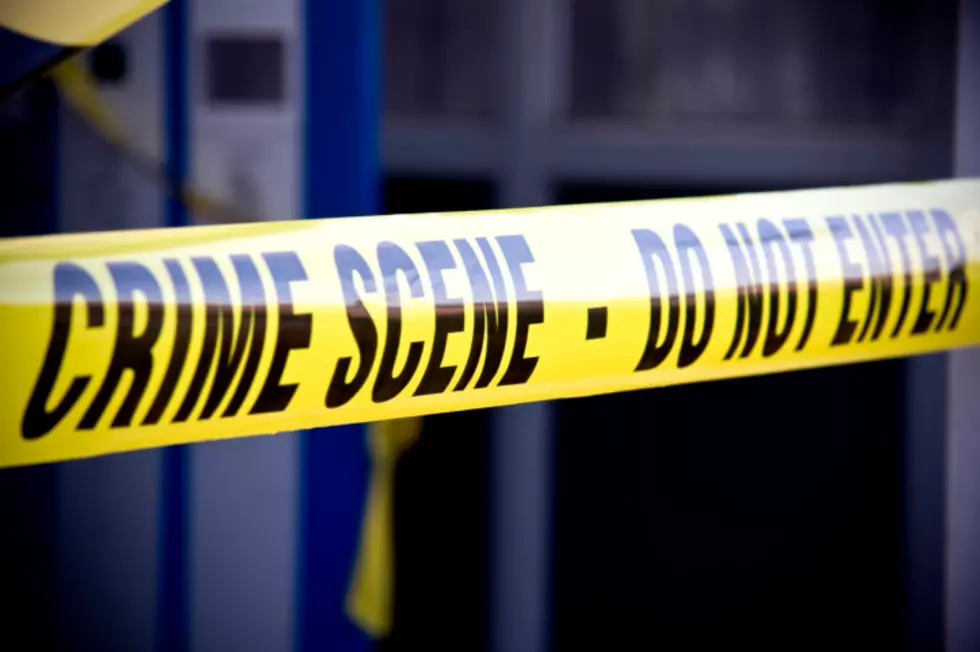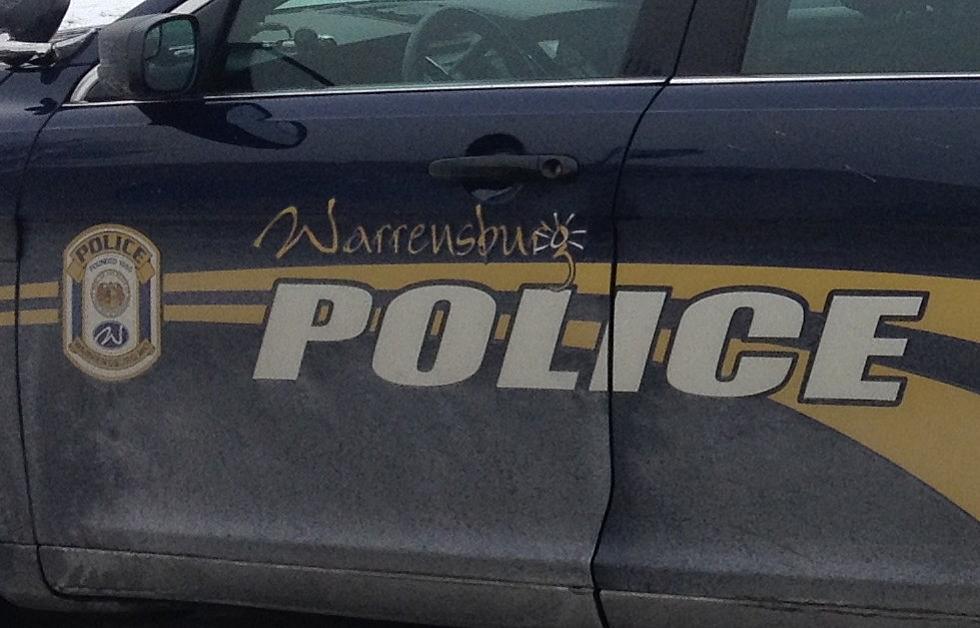
Highway Patrol Wants Truckers to Help Defend Against Human Trafficking
Human trafficking can happen almost everywhere, including Missouri highways.
So the Missouri State Highway Patrol's Commercial Vehicle Enforcement Division will be participating in a three-day initiative to educate commercial drivers, motor carriers, law enforcement, and the public about Human Trafficking.
According to the Missouri State Highway Patrol, human trafficking is the illegal exploitation of a person through force, fraud, or coercion. Most associate it with sex trafficking, but it can also take the form of forced labor or domestic servitude. It's not specific to age, race, or gender, and it occurs in all areas of Missouri.
The three-day initiative will kick off on Human Trafficking Day, January 11, 2022. The Commercial Vehicle Safety Alliance explains why educating commercial drivers and motor carriers on Human Trafficking is important. They say traffickers use our transportation systems, including commercial vehicles, to transport victims. And in some instances sell their victims in cities and rural areas along our roadways.
Colonel Eric T. Olson, superintendent of the Missouri State Highway Patrol said in a release, "Human trafficking can happen almost anywhere, including Missouri’s roadways. Our commercial vehicle drivers, motor carriers, and law enforcement officers are often our first line of defense against human trafficking. Knowing what to look for and how to respond to these situations is key to rescuing the vulnerable people being exploited.”
The Missouri State Highway Patrol says signs of human trafficking are not always obvious and may include: The presence of an older "boyfriend" or "girlfriend; Travel with an older male/female who isn't a guardian; Signs of coercion, such as depression, anxiety, and or an overly submissive attitude; Lack of control over his/her schedule, money, and or identification; Poor health; Coached/rehearsed responses to questions; Substance abuse or addictions, selling drugs; or homelessness.
You can learn more about how you can help stop human trafficking by checking out the National Human Trafficking Hotline website. Additionally, you can report suspected human trafficking by calling 1-888-373-7888.
25 True Crime Locations: What Do They Look Like Today?
The 100 Best Places to Live in the Midwest
More From AM 1050 KSIS










